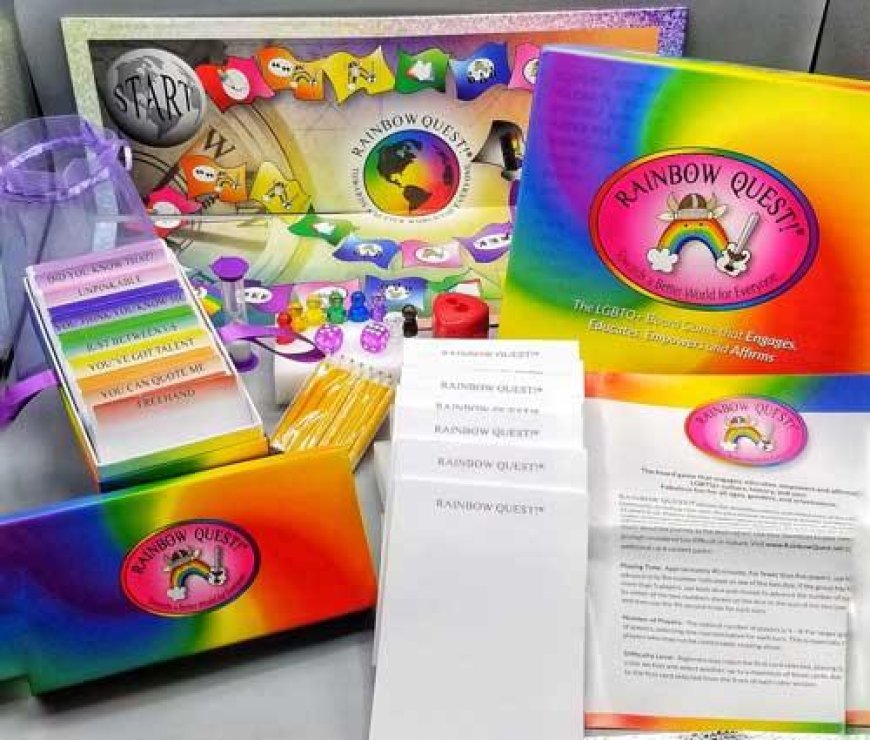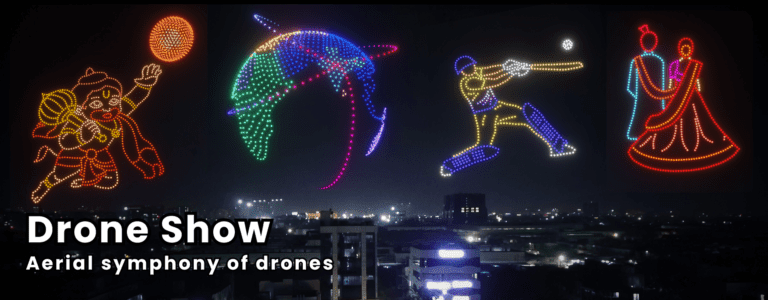LGBT Friendly Games: Creating Safe and Inclusive Spaces Through Play

In recent years, the gaming industry has experienced a vibrant transformation—one that embraces inclusivity, diversity, and representation. As conversations around identity and acceptance have grown stronger, so too has the demand for games that reflect the realities and experiences of the LGBT community. LGBT friendly games aren’t just about rainbow colors or token characters; they’re about creating immersive, respectful environments where everyone feels seen, respected, and valued.
Whether you’re a casual player looking for a fun way to unwind or a passionate gamer who values social progress, the rise of LGBT friendly games provides a much-needed shift in how the gaming world reflects real-world diversity. In this guest post, we’ll explore what makes a game LGBT-friendly, examine standout titles, and highlight why representation matters.
What Makes a Game LGBT-Friendly?
Before diving into examples, it’s important to define what we mean by “LGBT friendly.” It’s not simply about checking off a diversity box—it’s about how characters, narratives, and communities are portrayed and supported.
Here are key traits of LGBT-friendly games:
-
Inclusive Storylines: Games that provide characters with varied sexual orientations and gender identities, treating those aspects with authenticity and respect rather than novelty or caricature.
-
Representation in Customization: Titles that allow players to create characters who align with their identities, including options for pronouns, gender expressions, and romantic interests.
-
Safe Online Communities: Games with moderation systems that protect players from harassment and foster welcoming spaces for everyone.
-
Queer Developers and Creators: Supporting games made by LGBT developers often ensures a more authentic perspective is present in both story and gameplay.
-
Themes of Acceptance and Self-Discovery: Games that subtly or overtly address themes like coming out, self-acceptance, and queer love.
Why Representation in Games Matters
Representation in games isn't just about aesthetics—it's about validation. For many LGBT individuals, especially youth, seeing someone like them in a leading role or navigating similar experiences can be life-changing. It tells them: "You matter. Your story is worth telling."
Studies have shown that media can profoundly influence our perceptions of ourselves and others. When LGBT characters are depicted as strong, complex, and relatable, it contributes to broader social acceptance and helps combat harmful stereotypes.
Moreover, inclusive games foster empathy. Players outside the LGBT community gain new perspectives by stepping into the shoes of characters with different lived experiences, deepening understanding and connection.
Top LGBT Friendly Games Worth Playing
Here are several groundbreaking games that exemplify what it means to be LGBT-friendly:
1. Life is Strange Series
Developed by Dontnod Entertainment, this emotionally gripping series features queer characters and branching storylines that allow players to explore same-sex relationships in a nuanced, heartfelt way. Max and Chloe’s relationship in the first game, and Alex Chen’s potential romances in "Life is Strange: True Colors," are handled with empathy and depth.
2. The Sims 4
The Sims franchise has long been a trailblazer for inclusive gameplay. "The Sims 4" lets players choose pronouns, customize gender identity, and explore any romantic configuration without judgment. It’s a sandbox where LGBT creativity and storytelling can thrive.
3. Dream Daddy: A Dad Dating Simulator
As quirky as it is heartfelt, this visual novel game lets players take on the role of a single dad looking for love among a diverse cast of fellow dads. The game is refreshingly honest and humorous in its portrayal of gay relationships and fatherhood.
4. Gone Home
This indie title tells the story of a young woman uncovering her sister’s coming-of-age and coming-out story. It’s subtle, powerful, and a beautiful narrative exploration of identity and acceptance.
5. Tell Me Why
Created by the same team behind Life is Strange, this game made headlines for being the first major studio release to feature a transgender protagonist, voiced by a trans actor. It’s a milestone in gaming representation.
6. Celeste
While not overtly about sexuality, the game’s creator confirmed that protagonist Madeline is a trans woman. The themes of struggle, self-discovery, and personal growth resonate deeply with many in the LGBT community.
Tabletop and Indie Games Breaking Boundaries
LGBT inclusivity isn’t limited to digital games. Tabletop RPGs like Thirsty Sword Lesbians and Monsterhearts put queer narratives front and center. These games are often community-driven and push the boundaries of storytelling, allowing players to explore queer identity in imaginative, empowering ways.
Indie games are also leading the charge in LGBT representation. Titles like A Normal Lost Phone, If Found..., and Butterfly Soup focus entirely on queer characters, often inspired by the developers’ own experiences. These games may not have the budgets of AAA titles, but they’re rich in emotional depth and authenticity.
Community Support and Game Platforms
The rise of online communities such as itch.io has provided queer developers a platform to share their work directly with supportive audiences. Events like "Pride Game Jam" or "Gayming Awards" celebrate these voices and give them recognition they might not receive in the mainstream gaming world.
Additionally, streaming platforms like Twitch and YouTube have empowered LGBT gamers to build audiences, share gameplay experiences, and foster inclusive spaces. Watching someone play a game that reflects your identity—or watching someone experience that identity with openness—can be incredibly validating.
Challenges and the Road Ahead
Despite progress, challenges remain. Harassment in online gaming spaces is still an issue, and many mainstream developers shy away from LGBT storylines fearing backlash. Representation can still feel like a risk to large studios, and authentic stories are sometimes sanitized to appeal to broader audiences.
However, the gaming community is changing. Players are more vocal, and allies are louder. Studios are taking notice. The demand for LGBT friendly games is growing, and creators are responding with more courage, creativity, and care than ever before.
Final Thoughts
Games have the power to shape culture, challenge norms, and bring people together. LGBT friendly games are not only essential for representation—they are vital tools for education, empathy, and empowerment. Whether through complex narratives, customizable characters, or inclusive communities, these games are reshaping the industry one step at a time.
For LGBT gamers, these games can be a lifeline. For others, they can be a doorway to understanding. And for everyone, they represent a future of gaming that is more colorful, more honest, and more inclusive.
What's Your Reaction?






























































